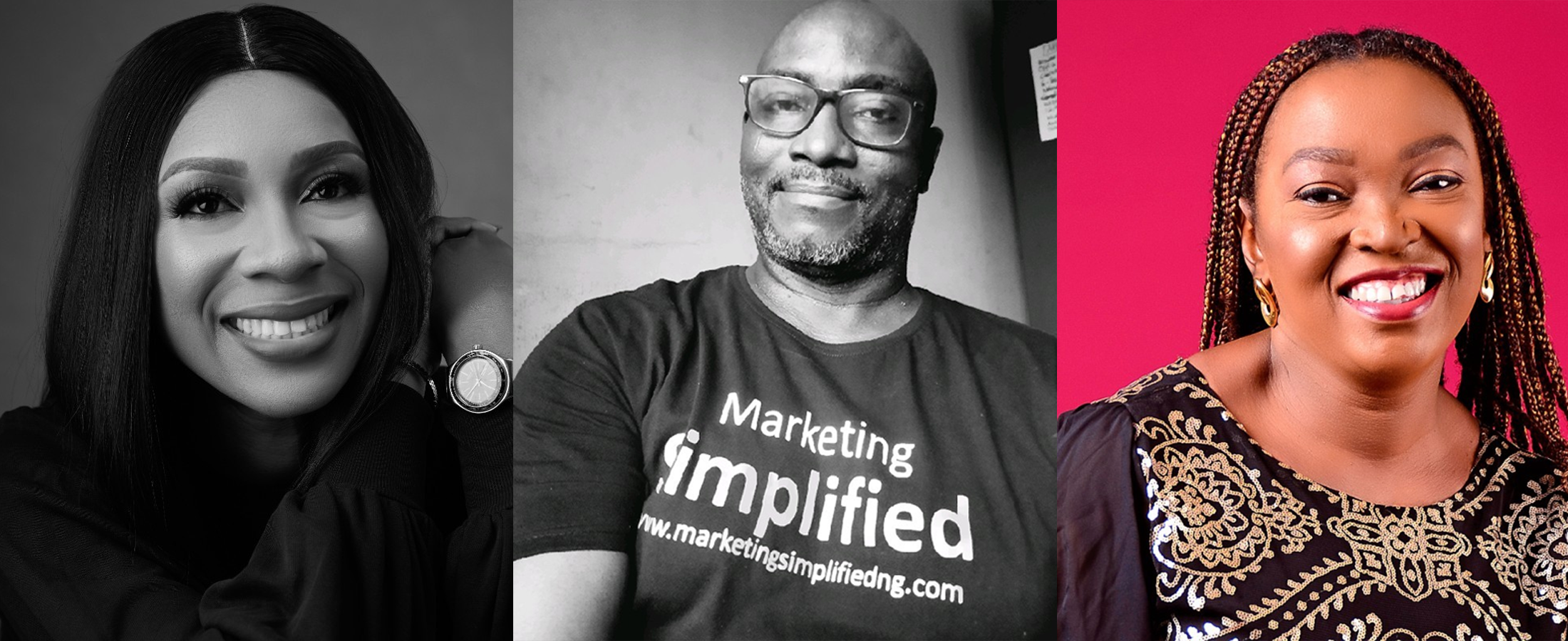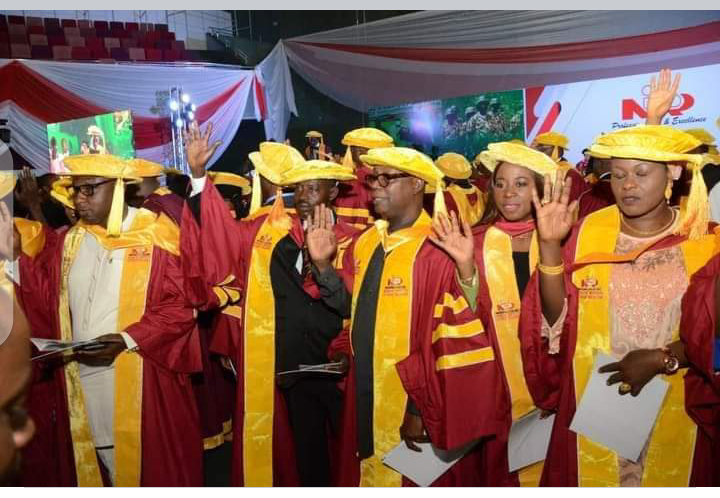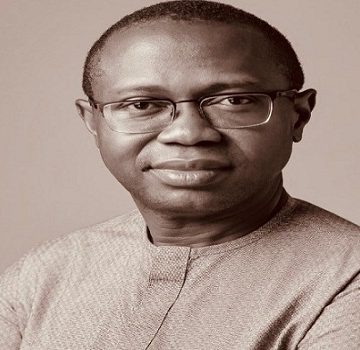By Felicia Nwosu
As Nigeria’s 2023 general elections gather momentum, some experts in the Integrated Marketing Communications (IMC) space have reasoned the importance of political party candidates getting their marketing and branding strategies right. This, they argued, is an indispensable asset in winning voters and sustaining their image projection before the electorate.
They asserted that political branding has become even more important for the electorate just like it is to the consumers. They expressed worry with today’s politicians, who have thrown caution to the wind and no longer care for long term brand building with the vision to drive the market in a way that will sustain the future prosperity.
Omawumi Ogbe, Managing Partner at GLG Communications, and a public relations professional, said political aspirants need to scale-up actionable political marketing strategy that will confer a unique identity to a candidate’s concept, which also sums up the value-proposition for the voter.
“PR is more than just putting out press releases; it is all about strategy, and it goes beyond your messaging. It is not even about you as person, because how do I vote for you if I have not trusted you and if I don’t buy into you. As a political aspirant, you are selling yourself first, and your vision makes me want to trust in the vision that you are selling to me. I feel that you can help me achieve things that will help me get to where I want to go; we all have aspirations,” she said.
Ogbe argued that Nigerian politicians have not really brought in professionals to handle their brand messages. She noted that various symbols of political parties do not resonate with the electorates, pointing out that brand building goes beyond logo and colours as a brand is a living breathing promise.
Boye Adefila, the MD/CEO of Down-to-Earth Marketing Services, in his LinkedIn handle, posited that political brands are no different from any other service brand, be they personal brands such as presidential, gubernatorial, senatorial, house of assembly, LGA or LCDA candidates; or appointees such as ministers and many who are directly or indirectly involved in governance.
“Like everyday brands, they also have to live by their brand equity, that is, the sum-total value they have built into their brands, be it financial equity (capital, and other assets, including intellectual assets), and perception equity (Goodwill and overall positive share-of-mind). Like everyday brands, they have to make promises and continuously survive and thrive above competition by keeping these promises,” he said.
The marketing coach and PR expert made some revelatory analogies between product brands and political brands on what he described as some of the causes for the pitfalls.
“What is responsible for this aberration, or what have political brands been able to leverage that everyday brands are not able to leverage as well? The answer is simple: You can divide and rule the electorate (voting public) because clusters of voters are ‘paying’ to consume one ‘singular product or brand’, while in the case of an FMCG product, consumers make individual choices per head. Five individual consumers can buy five different variants of Close up Toothpaste, but the same five consumers cannot vote for five different local government chairmen or five different governors. It is one or the other,” he explained.
He urged brand builders to be more careful than ever to establish an image that is reputable and sustainable, but also right.
Nsima Ogedi-Alakwe, the Principal Consultant, Gotcha Communications Ltd, in her view challenged brand custodians to employ functional elements that will be able to stand out from the clutter such as logo and other symbols for easy identification of political parties.






Comment
No comments found.